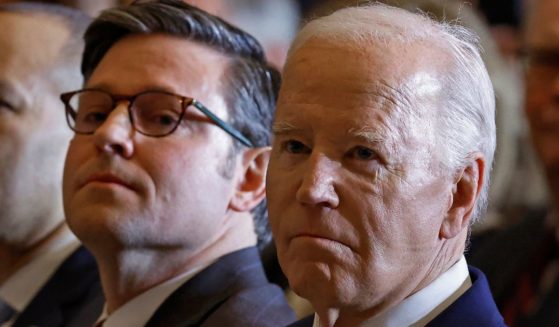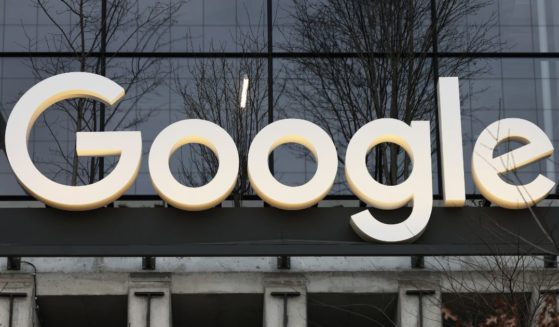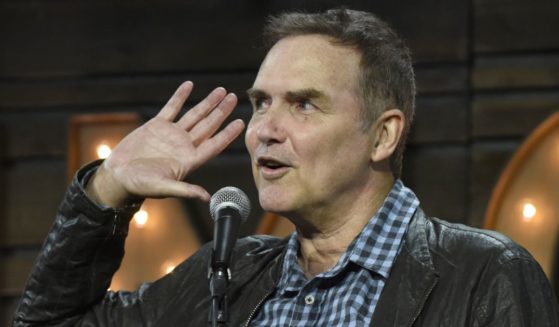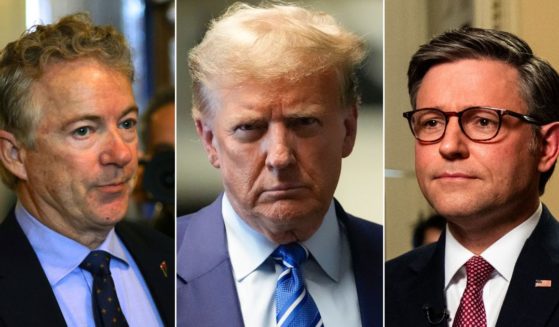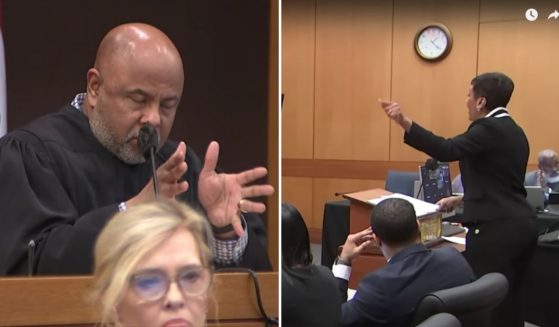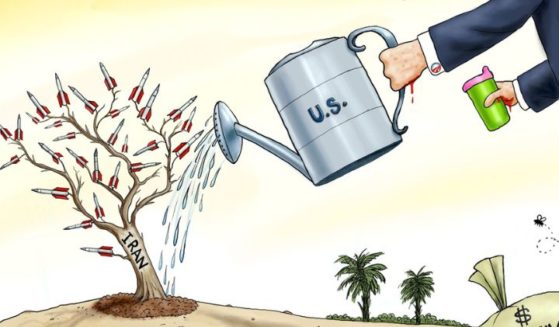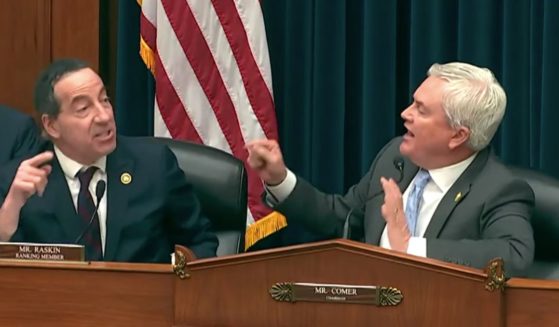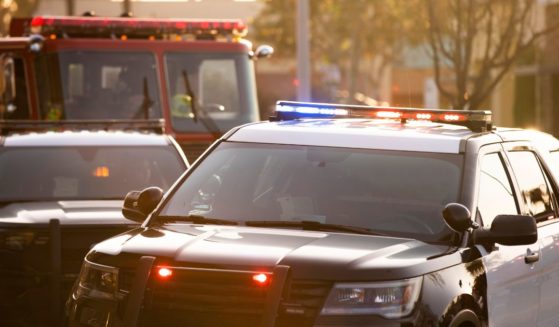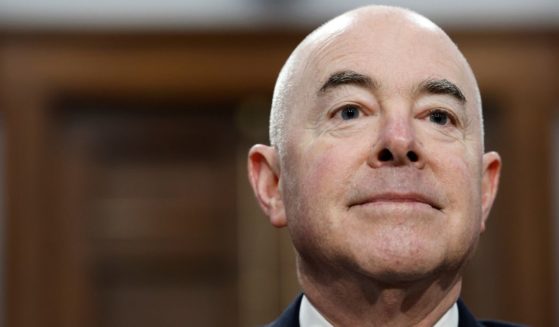Chief Justice Roberts Joins Liberal Wing of SCOTUS in Destroying Religious Liberty
Last week, the U.S. Supreme Court upheld California Gov. Gavin Newsom’s assault on religious liberty imposed in response to the coronavirus pandemic.
Not surprisingly, all four of the court’s liberal justices sided with the Democratic governor’s restrictions on church services.
However, Chief Justice John Roberts, who usually sides with the conservative justices, joined with his liberal colleagues in rejecting California churches’ plea for relief from Newsom’s restrictions.
This is hardly the first time that Roberts, who was appointed to the court in 2005 by President George W. Bush, has disappointed conservatives. Roberts cast the deciding vote to uphold Obamacare in 2012 and sided with his liberal colleagues again three years later when another challenge to the health care law made its way to the Supreme Court.
More recently, Roberts ruffled the feathers of conservatives when, during President Donald Trump’s impeachment trial, he refused to read a question from Republican Sen. Rand Paul of Kentucky because it named the whistleblower that allegedly unleashed the whole impeachment farce in the first place.
Now, Roberts has had the opportunity to weigh in on Newsom’s executive order, which limits attendance at churches to “25 percent capacity or to 100 attendees.”
There are serious concerns about such restrictions violating the First Amendment to the U.S. Constitution, which guarantees Americans the rights to assembly and worship.
But Roberts dismissed those concerns. In justifying Newsom’s restrictions on places of worship, the chief justice argued, “Similar or more severe restrictions apply to comparable secular gatherings, including … concerts, movie showings … sports, and theatrical performances.”
However, that does not tell the whole story. As Justice Brett Kavanaugh pointed out in his dissent, “The basic constitutional problem is that comparable secular businesses are not subject to a 25% occupancy cap, including factories, offices, supermarkets, restaurants, retail stores, pharmacies, shopping malls, pet grooming shops, bookstores, florists, hair salons, and cannabis dispensaries.”
Therefore, Kavanaugh concluded, “California’s 25% occupancy cap on religious worship services indisputably discriminates against religion, and such discrimination violates the First Amendment.”
Unfortunately, a majority of his colleagues disagreed with that analysis.
Other states have issued similar restrictions on church gatherings throughout the coronavirus crisis. New Jersey Gov. Phil Murphy, also a Democrat, made it clear that he did not even think about the First Amendment when banning in-person church services in his states.\
When asked by Fox News host Tucker Carlson what authority he used to “nullify the Bill of Rights in issuing this order,” Murphy replied: “That’s above my pay grade.”
That was not even the most startling part of his response. Murphy admitted that he “wasn’t thinking about the Bill of Rights” when he made this decision, to which Carlson responded, “I can tell.”
As former federal prosecutor Andrew McCarthy explained in a recent Op-Ed for The Hill, Roberts’s opinion also has implications about the safety of “our fundamental right to property, our need to work and our obligation to take care of our dependents.”
After all, Roberts proclaimed, “Our Constitution principally entrusts ‘[t]he safety and the health of the people’ to the politically accountable officials of the States ‘to guard and protect.'”
In addition, he maintained that government officials deserved “broad” discretion to “guard and protect” the American people when acting in “areas fraught with medical and scientific uncertainties.”
Supreme Court Decision in C… by The Western Journal on Scribd
In other words, government officials can do whatever they want in order to protect the “safety and the health” of the American people, regardless of any limits imposed by the Bill of Rights.
McCarthy also expressed concern that Roberts’ opinion “accords the right to worship no deference by virtue of its being a fundamental liberty expressly protected by the First Amendment,” making it no different from any other activity.
As demonstrated by New York Mayor Bill de Blasio’s comments at a news conference Tuesday, some politicians on the left view the right to worship as less important than other constitutional rights:
Hamodia reporter asks why protest is allowed when prayer services aren’t.@NYCMayor @BilldeBlasio: “400 years of American racism, I’m sorry, that is not the same question as the understandably aggrieved store owner or the devout religious person who wants to go back to services”
— Matthew Chayes (@chayesmatthew) June 2, 2020
De Blasio had previously issued a threat to members of New York City’s Jewish community, vowing to arrest them if they dared to gather for religious services.
For now, Roberts and the Supreme Court have green-lit restrictions on religious services in the name of protecting public health.
Let’s hope that suspending constitutional rights in an effort to achieve the “greater good” does not become the “new normal.”
Truth and Accuracy
We are committed to truth and accuracy in all of our journalism. Read our editorial standards.

